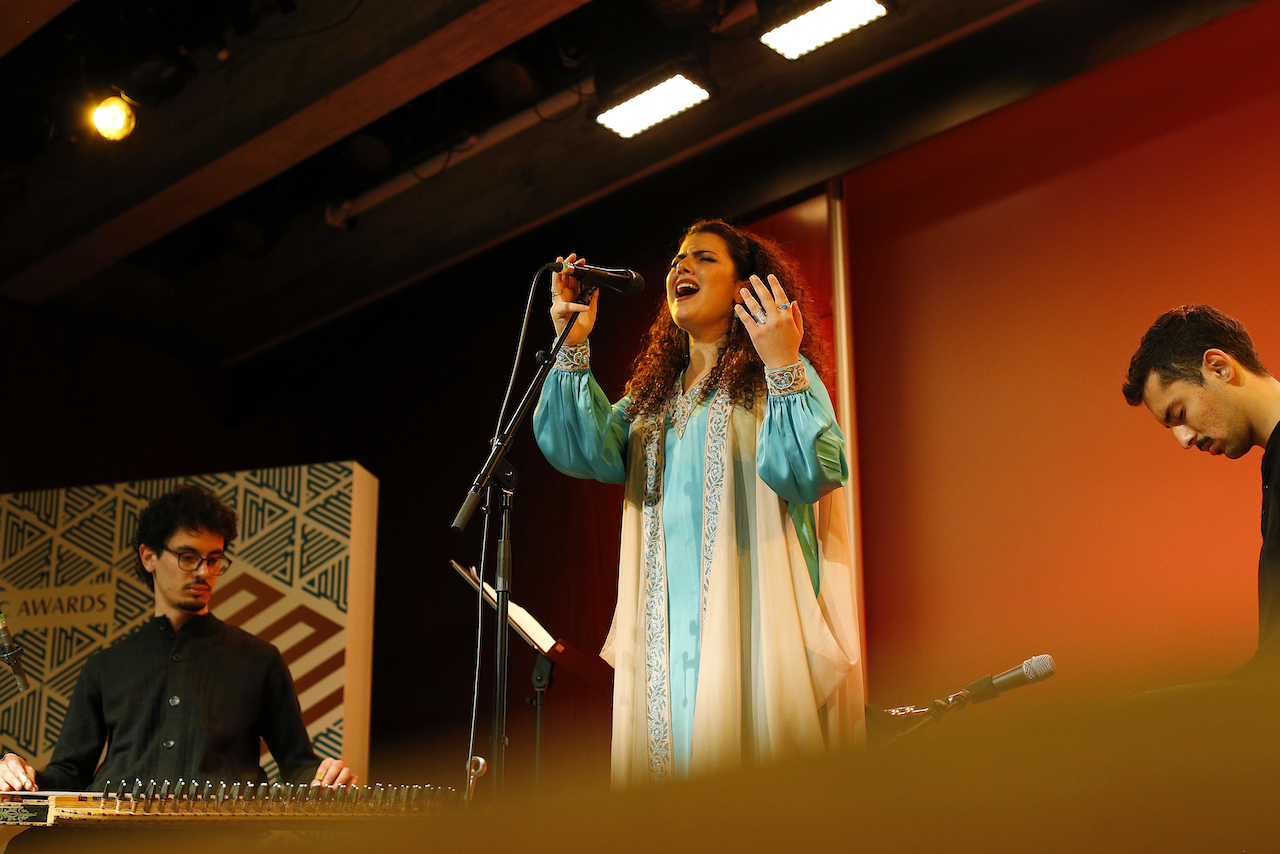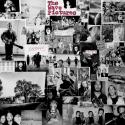The inaugural Aga Khan Music Awards, a three-day event held last weekend in Lisbon, celebrated nearly 20 years of wide-ranging work dedicated to the preservation of ancient and threatened cultures, an impressive programme of educational initiatives, and the encouragement of musical exchange and experiment in the Middle East, Asia and Africa.
These awards are far removed from the world of the Eurovision Song Contest, the Grammys, MOBOs or other well-spun and marketed events: the notion of excellence, which lies at the heart of the Aga Khan Music Initiative, is connected to ideas and practices associated with social inclusion, identity and spirituality, with music and culture seen as integral parts of a wider notion of economic and social development. The Aga Khan, leader of the Shia Muslim Ismaili community, is very much involved, as is his brother Prince Amyn, and their shared vision and generosity inspire and make possible the many projects whose expressive vigour was evident in Lisbon the past weekend.
There were awards for a number of achievements – including "preservation, revitalisation, dissemination", "social inclusion", "education" and "music creation", with startling performances from artists such as the politically engaged Tunisian singer Badiaa Bouhrizi, and the Azeri composer Frangiz AliZadeh, who played a piece inspired by ancient modes on a prepared piano, a combination that reflected the Music Initiative’s enlightened understanding that traditions can only survive if they are developed with an experimental sense of the present as well as respect for the past.
The highlight of the weekend was a marathon nine-hour concert on Saturday that featured the finalists for the award in Performance, with musicians from Egypt, Asia, and the Middle East, all of them at the very top of their game, and mostly little known on the European stage. One common thread, perhaps the most important, was the exploration of the microtonal universe, the infinite possibilities that open up when scales do not consist of a well-defined series of tempered notes, as in most Western classical music, but the singer or instrumentalist navigates more freely the modes – maqams and ragas – passed down through the tradition. Within the modal universe, emotion is evoked and induced, not so much through narrative drama as in a sonata or symphony, but through bending and stretching notes, circling around a perpetually shifting centre, that provides a kind of bridge to the emotions, and a means of transcendence.
All the finalists were, in their different ways, outstanding. As they explained in a seminar the following morning, the jury, which included David Harrington of the Kronos Quartet and the British choreographer Akram Khan, had a hard time choosing a winner. The Iranian Nasim Siabishahrivar, forbidden to sing in public in her home country, dazzled with an eerie vocal style particular to the Persian tradition and known as tahrir: a combination of chest and throat, similar to the Alpine yodel but more subtle. The effect is otherworldly, virtuosity combined with emotional intensity. Pitch was similarly toyed with by Mohamed Osman from Syria, who plays classical Arabic music on the buzuq, a lute related to the Greek bouzouki, normally a folk instrument; and the sarod player from India, Sougata Roy Chowdury. Their music is all about focusing on the present moment and the immediacy of a note that melts and mutates, allowing the mind to surrender, as it might in meditation or yoga. The loudest acclaim came for 22 year-old Palestinian singer and flute player Nai Barghouti (pictured above). She is one of those performers blessed with extraordinary grace: assured yet in touch with her vulnerability, with a remarkable control of her voice, not least a dynamic range that moved between the softest and gentlest pianissimos to a heart-rending forte. Steeped in the classical music of the Arab world, she is at present studying jazz vocal in Amsterdam, and one of her tradtional songs began with a subtle burst of flawless scat that segued seamlessly into more tradtional singing. Within a context that had at times felt a little too earnest and respectful, the audience responded to her consistently daring vocal flourishes, with those “ahs!” and hand gestures that openly express a listener's deeply felt emotion in the Middle East. With every such response, Nai, who had told the audience as she started how nervous she was, rose even further to the occasion, with a combination of technical prowess and emotional expression that was a joy to behold.
The loudest acclaim came for 22 year-old Palestinian singer and flute player Nai Barghouti (pictured above). She is one of those performers blessed with extraordinary grace: assured yet in touch with her vulnerability, with a remarkable control of her voice, not least a dynamic range that moved between the softest and gentlest pianissimos to a heart-rending forte. Steeped in the classical music of the Arab world, she is at present studying jazz vocal in Amsterdam, and one of her tradtional songs began with a subtle burst of flawless scat that segued seamlessly into more tradtional singing. Within a context that had at times felt a little too earnest and respectful, the audience responded to her consistently daring vocal flourishes, with those “ahs!” and hand gestures that openly express a listener's deeply felt emotion in the Middle East. With every such response, Nai, who had told the audience as she started how nervous she was, rose even further to the occasion, with a combination of technical prowess and emotional expression that was a joy to behold.
It seemed very likely that she might be the laureate - her future career bodes well - but the jury chose instead Mustafa Said, a modest singer and oud player from Egypt. Said is visually impaired, and the phenomenal rawness of his singing may have something to do with his condition – I was reminded of Ray Charles and Blind Willie Johnson, both of whom could use their voices to speak most articulately from the heart. Listening to the Egyptian singer felt uncomfortable at times, almost unbearable, his voice on the edge of breakdown, as if he were crying from the darkest abyss of the soul, and sharing the paradoxically healing force that comes from facing one’s demons. In the absence of eye contact with his audience, his intense presence and energy communicated with a depth and authenticity unequalled by the sighted finalists.
As part of the final awards ceremony on the final day, the Malian singer Oumou Sangaré, renowned for her formidable voice and stage presence, and her advocacy of women's rights in West Africa, was joined by the brilliant and inventive master kora player Ballake Sissoko and the balafonist Lacana Diabate, in a rousing song that contrasted exuberantly with the more mediative tone that dominated the rest of the event.
The true architect of this inspiring weekend, a programme of music that ought to be shared more widely (a roadshow was proposed at the open discussion that followed the performances) is the director of the Music Award and the Aga Khan Music Initiative, Fairouz Nishanova. Truly international, she was born in Sri Lanka of Uzbek parents, grew up in Jordan and studied in Moscow and at the LSE. She has not only enormous energy, organisational skill and a love and nose for the music of the Islamic world, but also, as His Highness made clear in his closing speech, the ear of the Aga Khan, whose unusual vision and generosity made the awards and the immensely valuable work of the last 20 years possible. Ara Guzemilian, who is Provost and Dean of the Juilliard in New York and a member of the Awards' steering committee, told the audience of how he had left the auditorium after the central performances on Saturday with a sense of the world being a better place. Music, at a time when so much is under threat or falling apart, continues to offer hope, healing and regeneration.















Add comment